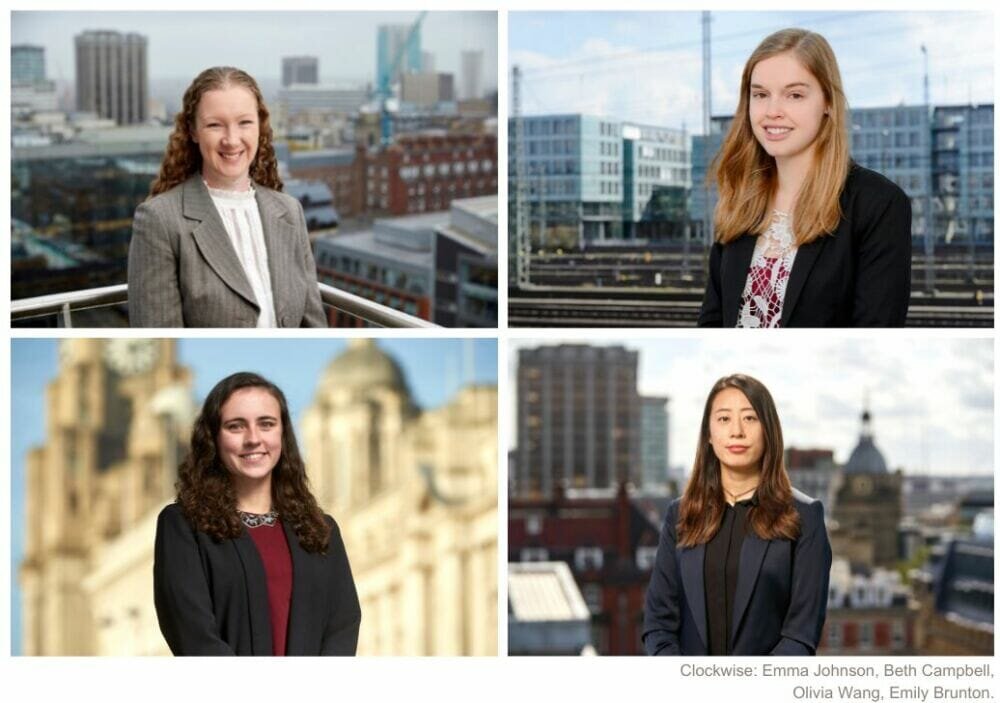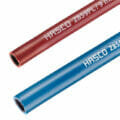Forresters is supporting International Day of Women and Girls in Science by highlighting some of the STEM role models that work at the company.
The leading firm of patent and trade mark attorneys is proud to mark this day, which is celebrated around the world on February 11th. Implemented by UNESCO and UN-Women, International Day of Women and Girls in Science aims to make gender equality a global priority.
To qualify as a patent attorney, it is essential to have a technical background in science, engineering or maths. Among Forresters’ attorneys with scientific background is Emma Johnson, a partner based at the Birmingham office, who studied physics with astrophysics at university. Now a trade mark and patent attorney, Emma says her technical background in physics is often used in the work she does for a diverse range of clients. “The techniques and concepts that I learned at university have been essential,” she said. “As you build up relationships with clients, your knowledge of their specific technology and their business becomes more important. However, being able to apply technical or scientific principles to what your client tells you is always valuable.”
Forresters has an established group for Equality and Diversity, which aims to foster an environment that truly represents its colleagues. Its diverse and dedicated workforce is one of the reasons that Forresters continues to be one of Europe’s leading patent law firms.
Emma said: “I remember being pleasantly surprised at the number of women joining the profession at the same time as me. There were fewer women than men, but it is not something I remember paying a huge amount of attention to – perhaps because I was used to being in a ‘male-dominated environment’ at university. When I joined Forresters, there was only one female partner. Now, there is a significantly higher proportion of female partners.”
Beth Campbell is an associate based in the Munich office and has a master’s degree in natural sciences (chemistry). She spent a year working as a research student at the prestigious Max Planck Institute of Biochemistry in Munich. Beth said: “I was attracted to a career as a patent attorney because it would allow me to use my scientific knowledge and language skills, and would also develop my analytical reasoning skills. It seemed like a really interesting and varied job – getting to work with a variety of clients on different technologies and completing different types of work.”
Beth said that her background in science often becomes an integral part of her work as a patent attorney. “I had only been working for Forresters for about a year and a more experienced attorney came to Munich for opposition oral proceedings,” she said. “The more experienced attorney asked me for some chemistry advice related to the opposition, and later told me that they had won the opposition based on the chemistry advice I gave them.”
Emily Brunton is an associate working at Forresters’ Liverpool office and she studied physics before entering the patent profession. “When I started my science degree, I hadn’t considered working in intellectual property (IP). Then, in the second year of my degree, I spoke to a patent attorney who explained what she did and offered me some work experience. I spent a week with her, to see what
the profession involved on a day-to-day basis, and that’s when I knew that I wanted to be a patent attorney. What attracted me was the variety – the nature of our job means that we are always learning about new technologies in a variety of fields, which helps to keep things interesting.
Olivia Wang is a trainee patent attorney, based in the Birmingham office and she studied chemical and nuclear engineering at university. She said that it was the Women in STEM initiative that inspired her to study a science degree. “I thoroughly enjoyed attending a two-week course at Royal Air Force Cosford, organised by Women in STEM, which encouraged women to join engineering-related fields,” she said. “More girls and young women should be supported to study science at school or university and I believe this can be done through more workshops, as well as in-school and out-of-school programmes related to STEM subjects. Also, parents and educators should encourage girls to defy the stereotypes that maths and science are only for boys. Confidence plays a significant role in a girl’s success in science and maths in the early stages of education.”
For more information on Forresters, or to get in touch visit https://forresters-ip.com/





